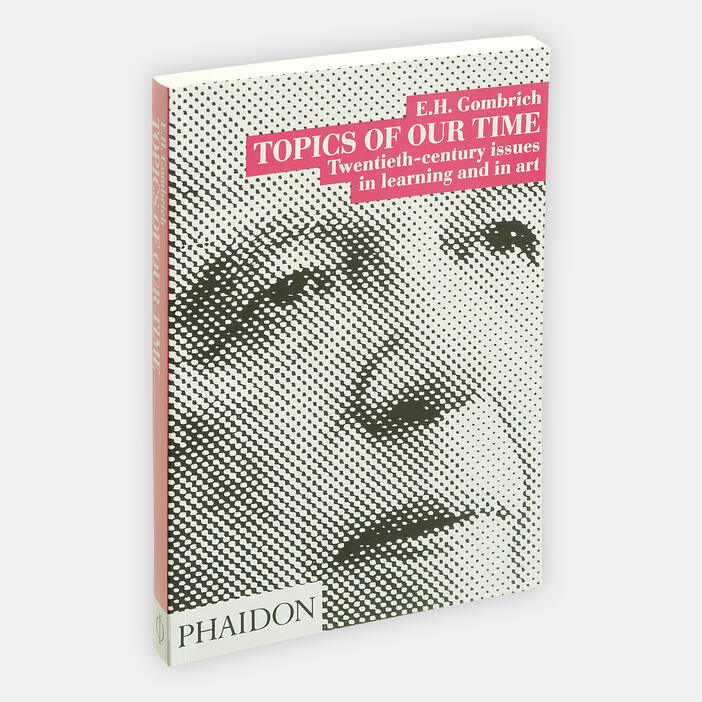

Topics of our Time: Twentieth-century issues in learning and in art
Price AUD$35.00 Price CAD$39.95 Price £16.95 Price T22.95 Price USD$22.95
This collection of hard-hitting and highly readable essays reflects Gombrich's preoccupation with the central questions of value and tradition in our culture. He confronts - with characteristic incision and erudition - some of the most urgent issues that challenge today's students of art and civilization.
His topics include a series of radical proposals for the reform of higher education, an assault on the notion of relativism and a heartfelt plea for the conservation of our cities, alongside thought-provoking and engaging studies of the works of Oskar Kokoschka, Abram Games, Saul Steinberg and Henri Cartier-Bresson.
Specifications:- Format: Paperback
- Size: 245 × 172 mm (9 5/8 × 6 3/4 in)
- Pages: 304 pp
- Illustrations: 354 illustrations
- ISBN: 9780714827919
Sir Ernst Gombrich was one of the greatest and least conventional art historians of his age, achieving fame and distinction in three separate spheres: as a scholar, as a popularizer of art, and as a pioneer of the application of the psychology of perception to the study of art. His best-known book, The Story of Art - first published 50 years ago and now in its sixteenth edition - is one of the most influential books ever written about art. His books further include The Sense of Order (1979) and The Preference for the Primitive (2002), as well as a total of 11 volumes of collected essays and reviews.
Gombrich was born in Vienna in 1909 and died in London in November 2001. He came to London in 1936 to work at the Warburg Institute, where he eventually became Director from 1959 until his retirement in 1976. He won numerous international honours, including a knighthood, the Order of Merit and the Goethe, Hegel and Erasmus prizes.
Gifted with a powerful mind and prodigious memory, he was also an outstanding communicator, with a clear and forceful prose style. His works are models of good art-historical writing, and reflect his humanism and his deep and abiding concern with the standards and values of our cultural heritage.
"Gombrich, the world's most famous art historian, is a historian of ideas and an impassioned writer of great lucidity. This is the most stimulating series of essays published in many a year. A volume to make us look - and think."—Sunday Times